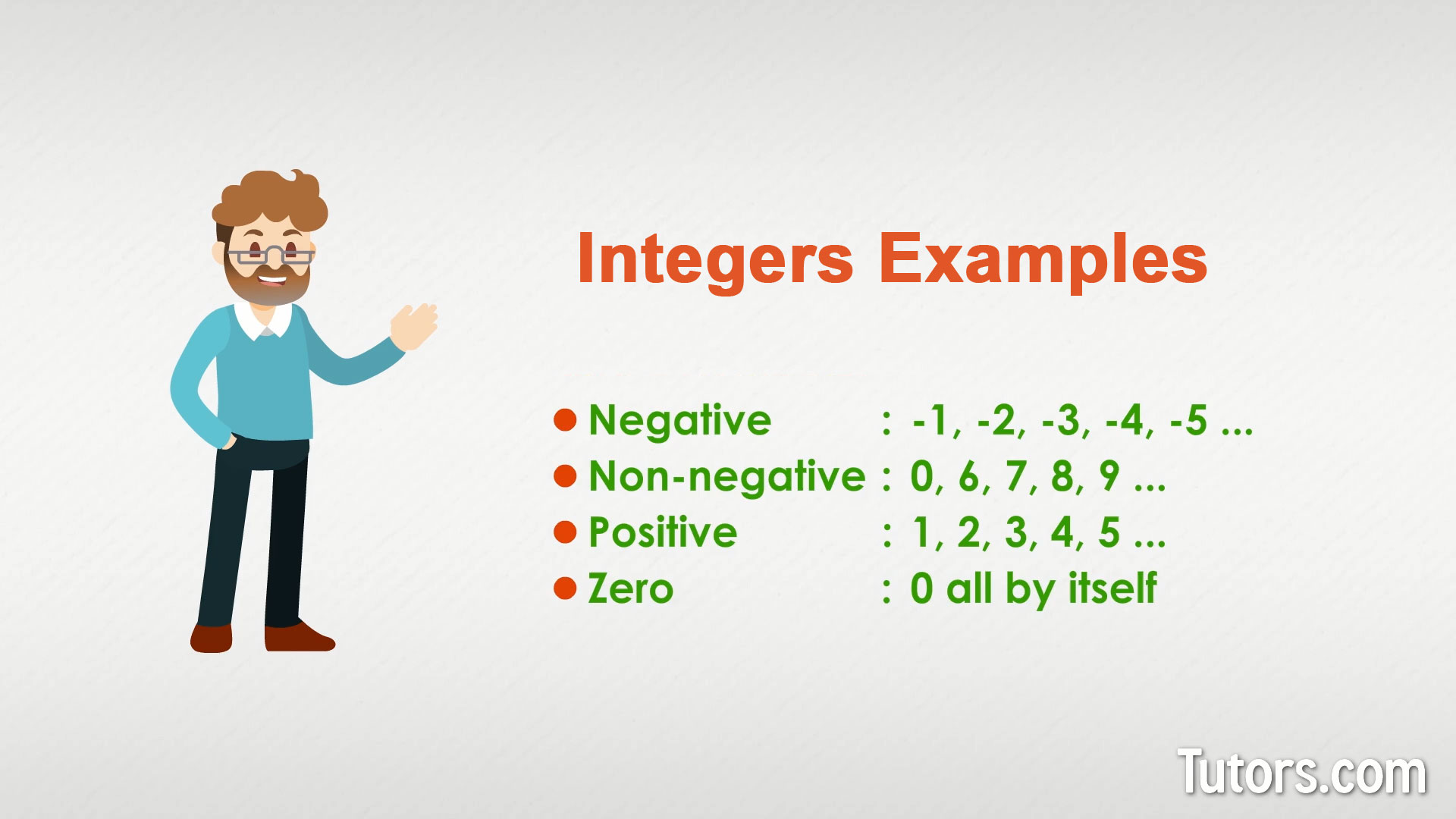Integer is a data type used in programming languages to represent whole numbers. These numbers can be either positive, negative, or zero. Integers do not include fractions, decimals, or other components of more complex numbers. The two main categories of integers are binary and decimal. Binary integers use two values, typically 0 and 1, to represent integers while decimal integers use 10 values, 0 through 9, to represent these sets of numbers.
Integers are commonly used to control the flow of a program, as well as in data storage, such as in databases. In many languages, like C, unsigned integers can represent numbers from 0 to the maximum size, while signed integers can represent all the positive and negative numbers. Integers can also be used to store addresses, counters, timestamps, passwords, and flags. They can also store any type of data, such as text or images, as long as it is encoded properly.
Integers are also a key part of mathematical operations used in computing as well as more advanced mathematics. Examples of these operations include addition, subtraction, multiplication, and division. These operations require whole-number results, so integers are necessary for these operations to work.
The size of an integer depends on the architecture of the computer as well as the programming language. For example, in C, an integer can range from -2147483648 to 2147483647. In most languages, this range is extended with larger integer types like long int and long long int. Furthermore, some programming languages like Python allow for unlimited integer precision by not setting an upper limit on the size of an integer.





